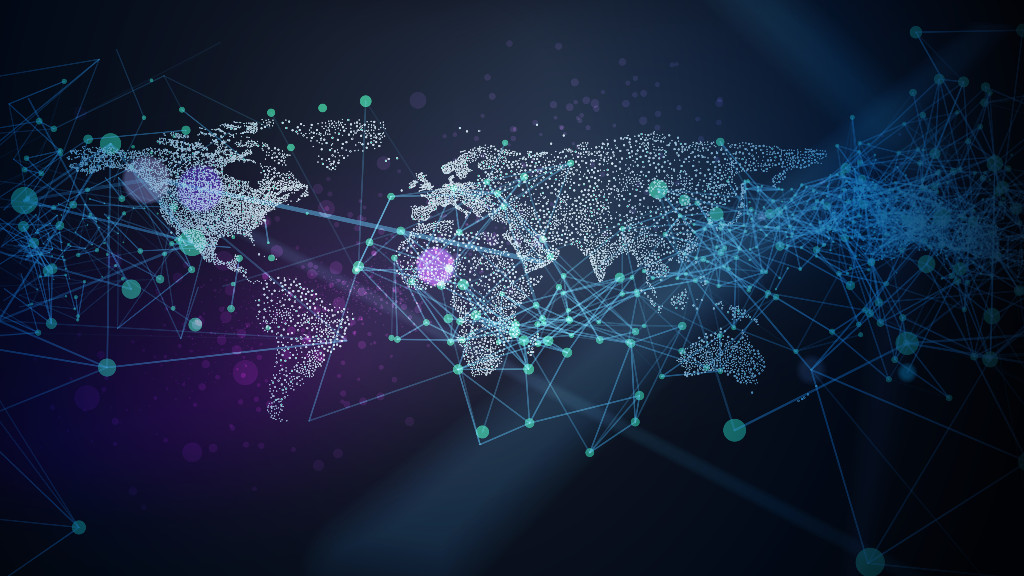Artificial intelligence (AI) has a rich history dating back to the 1950s when Alan Turing laid the groundwork for this field. Since then, the emergence of the first “intelligent” problem-solving system programs represented a significant milestone. In the last twenty years, AI, especially machine learning, has been the driving force behind numerous modern technologies like search engines, recommendation systems, robotics, autonomous vehicles, and facial recognition methods. The recent surge in popularity and accessibility of innovative bots, image generators, and other advanced language models, collectively referred to as “generative AI,” has reignited old debates and ushered in new iterations. These cutting-edge models have the potential to revolutionize generational and cultural paradigms, boasting unmatched human-like capabilities, adaptability, and user-friendliness, which have generated both excitement and apprehension.
While AI offers immense promise in areas such as addressing severe conditions and tackling complex issues like climate change, it also presents significant risks. These risks include the spread of misinformation, facilitation of cyberattacks, perpetuation of bias and injustice, and the looming concern of AI surpassing human intelligence. These discussions, often polarized and exponential, take place against a backdrop of intense political rivalries. While the value of AI is universally recognized, access to it remains limited to a select few. As technology progresses rapidly, the crucial question arises of harnessing AI’s vast potential for societal good while mitigating its risks and ensuring equitable access to this transformative technology. Effective AI governance at national, regional, and international levels emerges as crucial in navigating this delicate balance, with a strong emphasis on upholding global norms.
Exploring the Global Landscape of AI Governance
AI, much like other digital technologies, transcends geographical boundaries and profoundly impacts individuals’ lives and societal structures worldwide. From individual credit ratings and social media algorithms to the development of weaponry and the establishment of global data norms, AI’s influence is extensive. Consequently, AI governance extends beyond corporate interests to become a matter of national and international significance. Crafting effective AI governance presents a formidable challenge, requiring collaborative efforts among diverse stakeholders from various cultural, social, political, and professional backgrounds. This collaborative endeavor necessitates concerted action among States and other relevant actors, including private enterprises, civil society, and academia, leveraging the common language of international law to facilitate a global framework for AI governance.
For example, international human rights law provides a foundational framework encompassing a set of fundamental freedoms and rights universally endorsed by States through global agreements such as the International Covenant on Economic, Social, and Cultural Rights and the Universal Declaration of Human Rights. While the interpretation of these rights may vary across different national contexts, international human rights law serves as a guiding light for safeguarding human rights without impeding technological progress. Leveraging this established legal framework can provide a solid foundation for navigating the complex landscape of AI governance while upholding fundamental rights.
Addressing Competition and Ambiguity
The evolving landscape of AI technologies presents dynamic and unforeseen challenges across various societal domains. Major players such as the United States, United Kingdom, European Union, China, and India are engaged in a relentless race to innovate and harness AI capabilities. The stakes are high, with international law playing a pivotal role in fostering clarity, consistency, trust, and cooperation among States and stakeholders in this rapidly evolving and competitive environment by outlining the rules of engagement.
For instance, principles of due diligence outline the responsibilities that States and businesses must adhere to in preventing or mitigating harms arising from AI applications. Additionally, the principle of non-intervention prohibits States from interfering in the internal or external affairs of other States, including using AI for electoral interference or orchestrating malicious digital operations targeting critical sectors. While international law has its limitations, its established norms and principles provide a crucial framework for guiding responsible conduct by States and businesses, contributing to a level of stability, security, and harmony unprecedented since World War II. Upholding these norms, both online and offline, remains imperative in the age of AI.
Applying International Law to AI
The application of international law to AI technologies is not merely a theoretical concept but a practical necessity that shapes the behavior of States, individuals, and businesses in the AI landscape. Existing treaties, customary international law, and fundamental legal principles collectively bind States, while businesses bear a social responsibility to uphold human rights standards. Moreover, individuals are expected to refrain from engaging in unlawful activities across borders.
International law’s technology-neutral stance underscores that both emerging and established technologies are subject to its regulatory framework. For example, the International Court of Justice has ruled that all forms of weaponry, irrespective of their technological foundations, are governed by international humanitarian law and prohibitions on the use of force. This highlights that AI, as a versatile tool with diverse applications and implications, falls within the scope of international law, regulating the conduct of States and other actors in this domain.
While specific products or technologies may be subject to particular regulations, international laws and norms are designed to accommodate technological advancements by adopting an “evolutionary view” towards emerging phenomena. By carefully assessing the unique attributes of AI, such as its adaptability, speed, and complexity, international law can evolve to effectively address the challenges posed by AI. This necessitates interdisciplinary engagement and multi-stakeholder collaboration to ensure that international law remains robust and adaptable in the face of rapid technological advancements.
As discussions on AI governance progress, it is essential to leverage existing frameworks and mechanisms, such as international human rights law and due diligence principles, to guide responsible AI development and deployment. By anchoring AI governance in established legal norms and fostering international cooperation, States can navigate the complexities of AI governance while upholding fundamental rights and values in the digital age.






